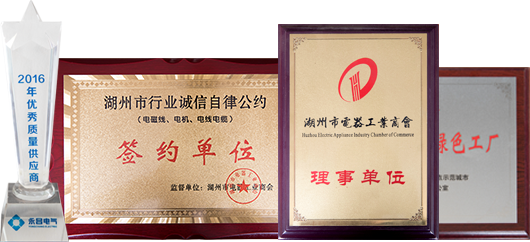What are the key advantages of using Aluminum PEW (QZL) 130 CLASS 0.15mm-0.9mm Polyester Enamelled Wire over other wire types in electrical applications, and how does the Class 130 rating impact its performance in various operating conditions?
Using Aluminum PEW (QZL) 130 CLASS 0.15mm-0.9mm Polyester Enamelled Wire in electrical applications offers several advantages over other wire types, and the Class 130 rating signifies its suitability for specific operating conditions. Here are the key advantages and how the Class 130 rating impacts its performance:
Advantages of Aluminum PEW (QZL) 130 CLASS Polyester Enamelled Wire:
Cost-Effective: Aluminum is more cost-effective than copper, making it an attractive choice for applications where cost savings are essential.
Lightweight: Aluminum is significantly lighter than copper, which is advantageous in weight-sensitive applications such as aerospace and automotive.
Good Electrical Conductivity: While aluminum has lower electrical conductivity than copper, it is still highly conductive, making it suitable for various electrical applications.
Thermal Conductivity: Aluminum has excellent thermal conductivity, allowing it to dissipate heat efficiently. This property is beneficial in applications where heat management is critical.
Resistance to Corrosion: Aluminum naturally forms an oxide layer on its surface, providing some corrosion resistance. It can perform well in certain environments.
How does the insulation thickness of Polyester Enamelled Wire impact its electrical performance and suitability for high-voltage or high-frequency applications, and how is this thickness controlled during production?
The insulation thickness of Polyester Enamelled Wire plays a critical role in determining its electrical performance and suitability for various applications, including high-voltage or high-frequency uses. The insulation thickness is carefully controlled during production to meet specific performance and safety requirements. Here's how insulation thickness impacts electrical performance and how it is controlled:
Impact of Insulation Thickness:
Dielectric Strength: The insulation thickness significantly affects the wire's dielectric strength. Thicker insulation generally provides better dielectric strength, which is crucial for withstanding high voltages without breakdown or arcing.
Voltage Rating: Thicker insulation allows the wire to achieve higher voltage ratings, making it suitable for high-voltage applications where safety is paramount.
Electrical Insulation: The primary function of insulation is to prevent electrical conductivity between conductors or to the surrounding environment. Insulation thickness directly influences this property, ensuring electrical isolation and reducing the risk of short circuits or electrical faults.
Frequency Response: In high-frequency applications, the skin effect becomes more pronounced. Thicker insulation may lead to increased skin effect losses due to the increased distance between the conductor and the surface where current flows.



